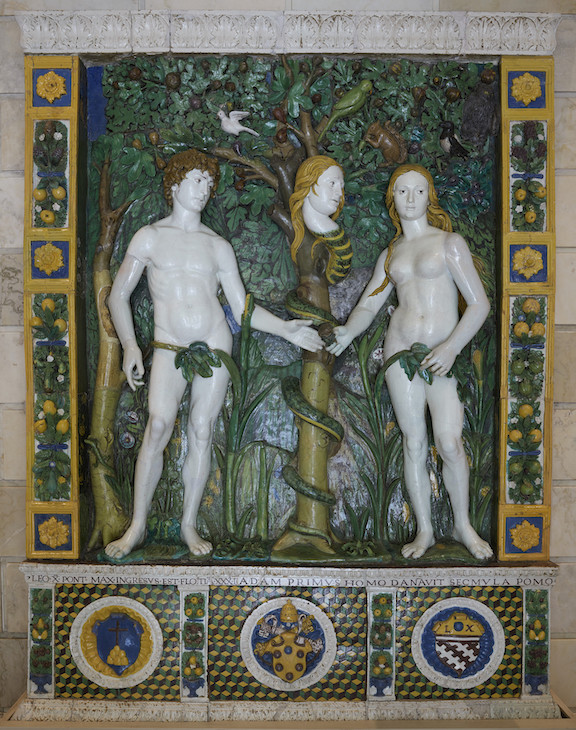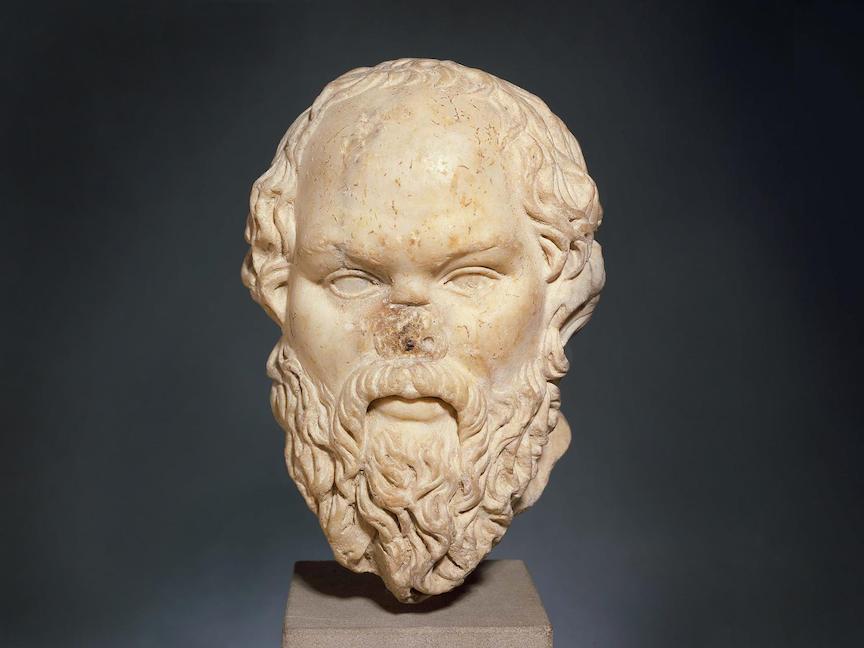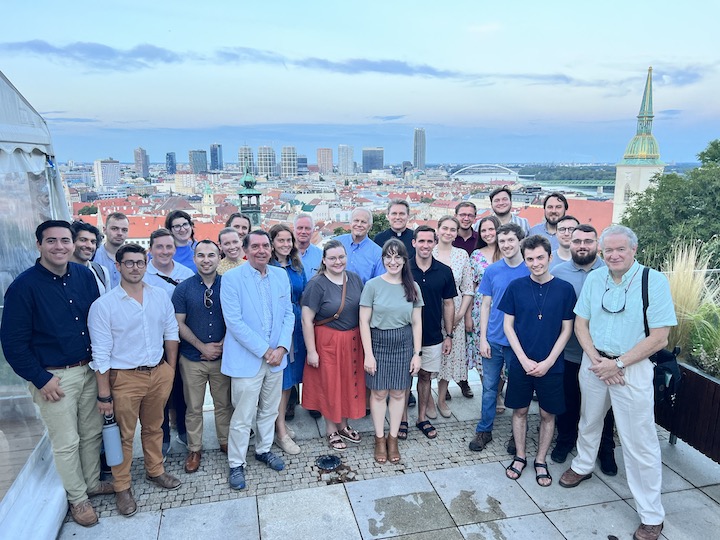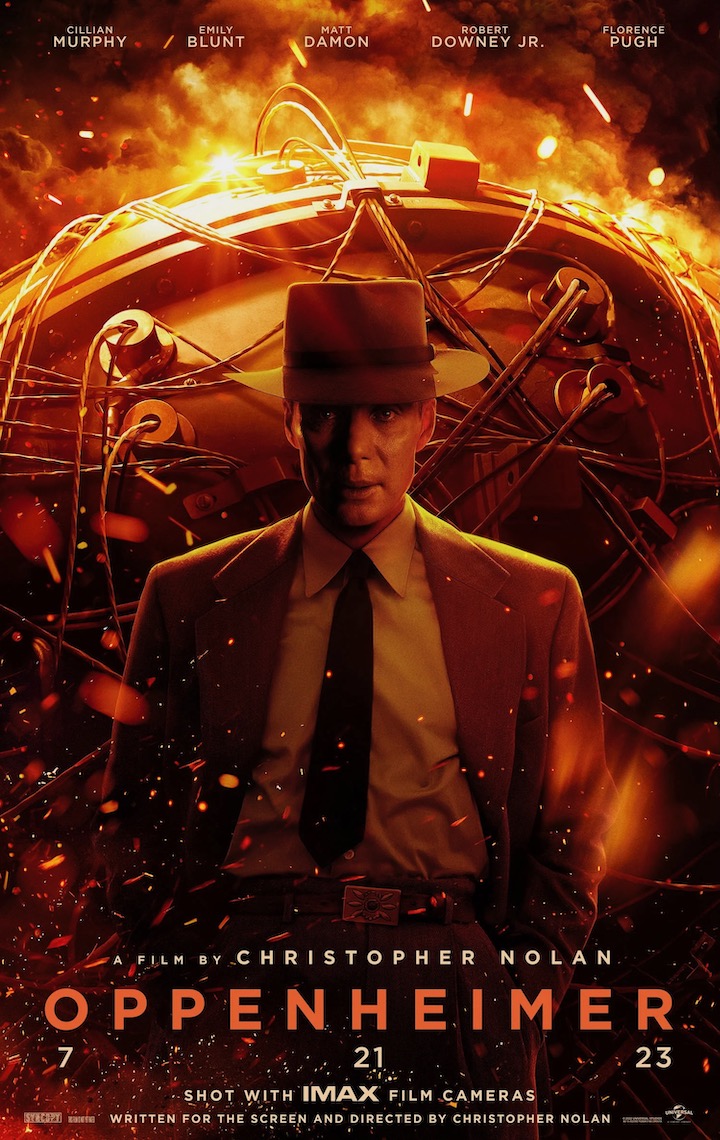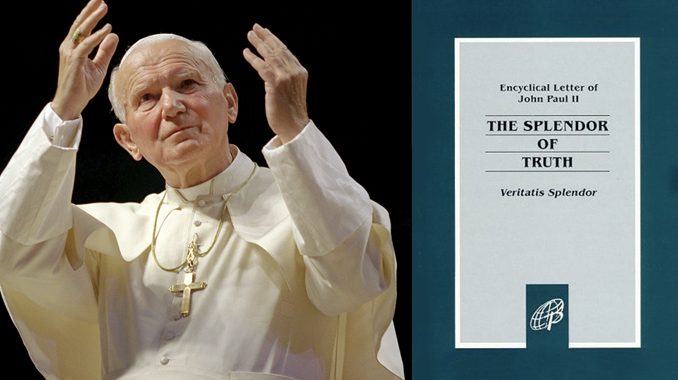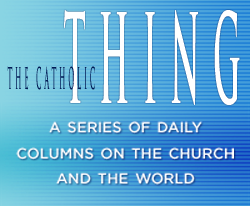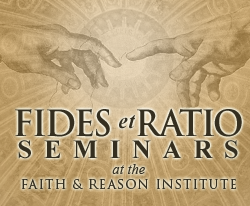Something’s Wrong in Rome
Written by Robert Royal
Wednesday, September 6, 2023
In the past week or so, the pope has: praised “that great imperial Russia” for its noble culture and humanity (a remark later admitted to be “badly phrased”); lauded Genghis Khan’s blood-soaked empire for its religious tolerance and “pax mongolica” (40 million killed, give or take); encouraged Chinese Christians to be good citizens of a nation whose “culture” he greatly admires and whose government is, he says, “very respectful” towards the Church (other views abound); shied away from saying anything more about Nicaragua where the Ortegas are basically outlawing Catholicism and a bishop has been sentenced to 26 years in jail; and denounced worried Catholics, especially American Catholics, for their criticisms of – well – many things, but especially “politicizing” the upcoming Synod on Synodality, and embracing rigid and empty “ideologies” instead of following the living doctrine of the Faith.
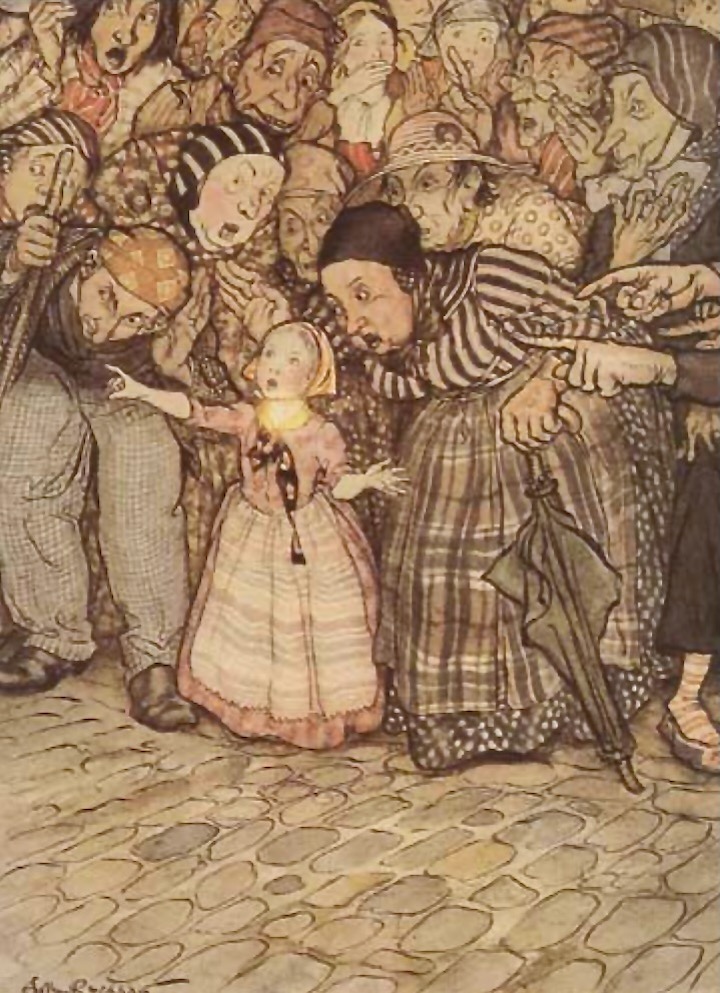
Even for someone like the present writer, who has seen “unbelievable” things happen over decades of following faith and politics in Rome and Washington, this has been a breathtaking stretch. And one has to ask, seriously: Is there something wrong in Rome?
The remarks about Russia and Mongolia, for instance, read as if some ghostwriter in the Vatican was given the task of finding something positive to say about those countries. And after a quick glance at Wikipedia, plucked those gems out of a mass of other, far less flattering, material.

